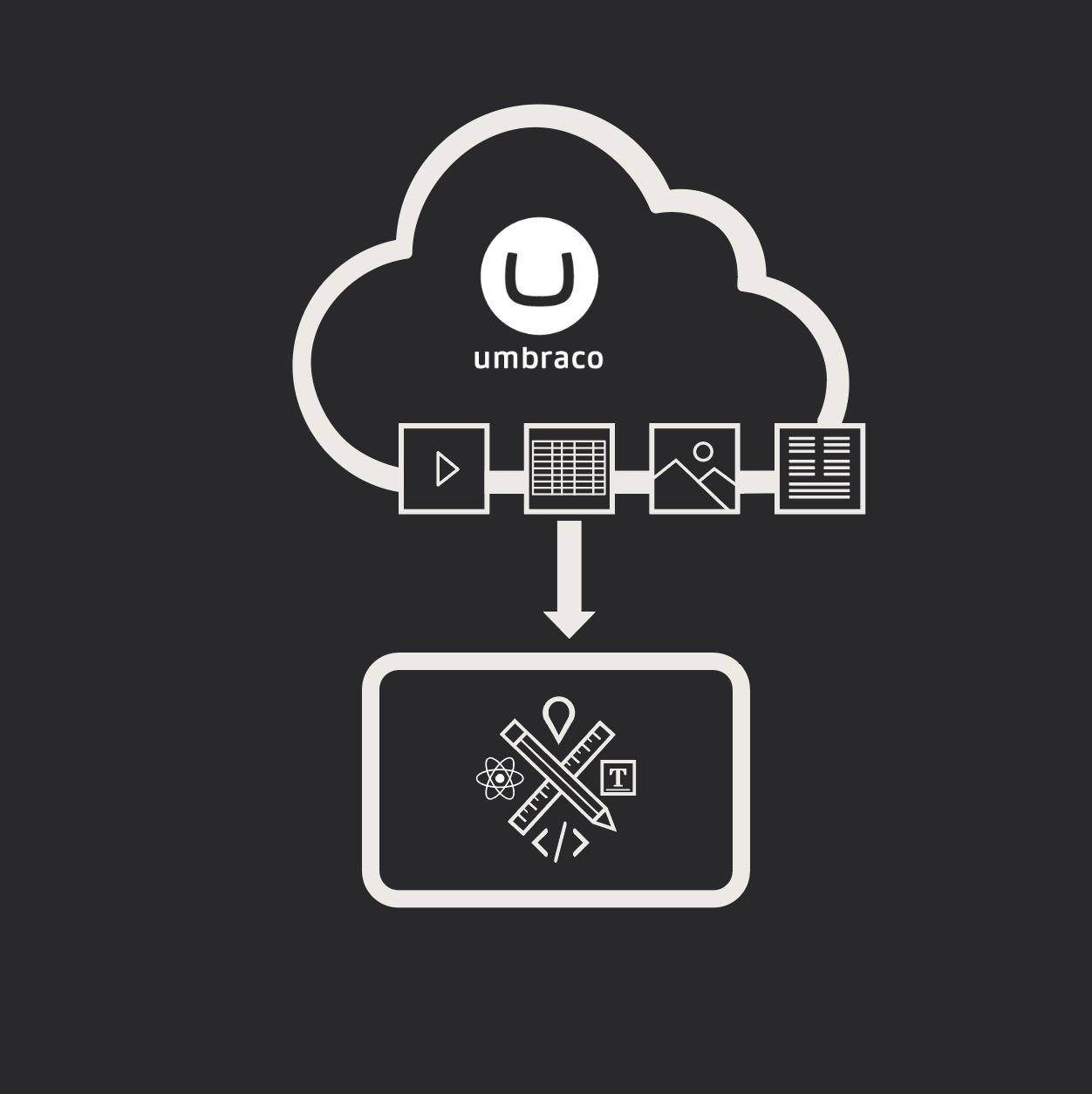3 Benefits of an Integrated CMS/E-commerce Platform
Chris Osterhout SVP of Strategy#CMS, #Commerce, #Episerver

Find out how integrating your commerce solution and content management system can help create an omni-channel experience for your customers.
At least once a week, I find myself talking to someone about the difficulty they are having integrating the e-commerce portion of their website with their Content Management System (CMS) platform. Historically speaking, I have most often seen CMS and e-commerce platforms as two independent platforms, especially in cases where an AMS or ERP drives the commerce. While most enterprise CMS platforms offer some sort of commerce solution, and most commerce solutions offer some level of CMS functionality, they are usually really good at either one or the other. This often leaves gaps with regard to user experience, site maintenance, and overall commerce conversions. With ROI as a primary consideration, there are several CMS companies looking to fill these gaps by creating a true omni-channel digital experience. One of these companies is EPiServer, which in my opinion has created one of the first successful, fully integrated CMS and E-Commerce platforms. Let’s look at three ways a platform like EPiServer can revolutionize your site:
1. Provide a seamless user experience across the entire site
Since platforms don’t usually integrate both content and commerce, these two areas of a site often fit together awkwardly, with users sometimes being sent to a separate “store” site to make purchases. This can create a disconnected user experience, so it would be ideal to avoid this problem by seamlessly integrating content and commerce in the same site. This will not only present a less confusing user experience, it allows you to better control the way your visitors navigate your site. Remember, getting website visitors to your website is only half the battle; making sure they can find what they are looking for and successfully convert is just as important.
2. Target content toward users based on commerce decisions
By integrating content and commerce on the same site, you can leverage the way users interact with your content and products to drive conversions and sales. Users reading blogs about certain types of products can be automatically directed to the pages where they can purchase these products, or content related to certain products can be suggested to users who browse those product pages. For example, suppose you have a site that sells camera equipment. If a user is looking at lenses that are meant for photographers of intermediate skill, you can provide them with links to blog articles about intermediate equipment, rather than equipment intended for beginners. Or, if a user is searching your content for information about cameras at a certain price level, you can provide them with a unique coupon for that type of camera. A platform that integrates content and commerce will allow for this type of smarter and faster marketing, which will drive more sales.
3. Integrate mobile users into the user experience
The ever-increasing number of mobile users adds another wrinkle to the goal of providing a seamless user experience across content and commerce. Since websites that use different platforms to handle these digital channels often don’t take the mobile experience into account, commerce conversions in the mobile channel can often be ignored and therefore lost. By integrating content and commerce into a single site that is optimized for mobile, you can provide that seamless experience to users no matter what device or screen size they are using. This approach will not only streamline your website maintenance and workflow tasks, but it will also lead to more conversions.
With e-commerce transactions increasing year over year, it is now more important than ever to have a fully integrated CMS and commerce platform that will allow for a more robust and seamless user experience for today’s connected customer. The video below is a great example of why fully functional and completely integrated CMS/ e-commerce platforms can drive more sales.
If you are struggling to reach the connected consumer, please start the conversation in the comments below.
Related Posts

4 Ways to Avoid Disaster When Migrating CMS Platforms
If you have ever migrated from one content management system (CMS) or eCommerce platform to another, you know how many unexpected issues can occur during the migration process.

Let's Get Heartcore: Umbraco’s Headless CMS Might Be Just What You Need
Umbraco Heartcore is a headless CMS that delivers flexibility, seamless integrations, and cost savings. See why it’s the right choice for your digital future.
Results Matter.
We design creative digital solutions that grow your business, strengthen your brand and engage your audience. Our team blends creativity with insights, analytics and technology to deliver beauty, function, accessibility and most of all, ROI. Do you have a project you want to discuss?
Like what you read?
Subscribe to our blog "Diagram Views" for the latest trends in web design, inbound marketing and mobile strategy.
